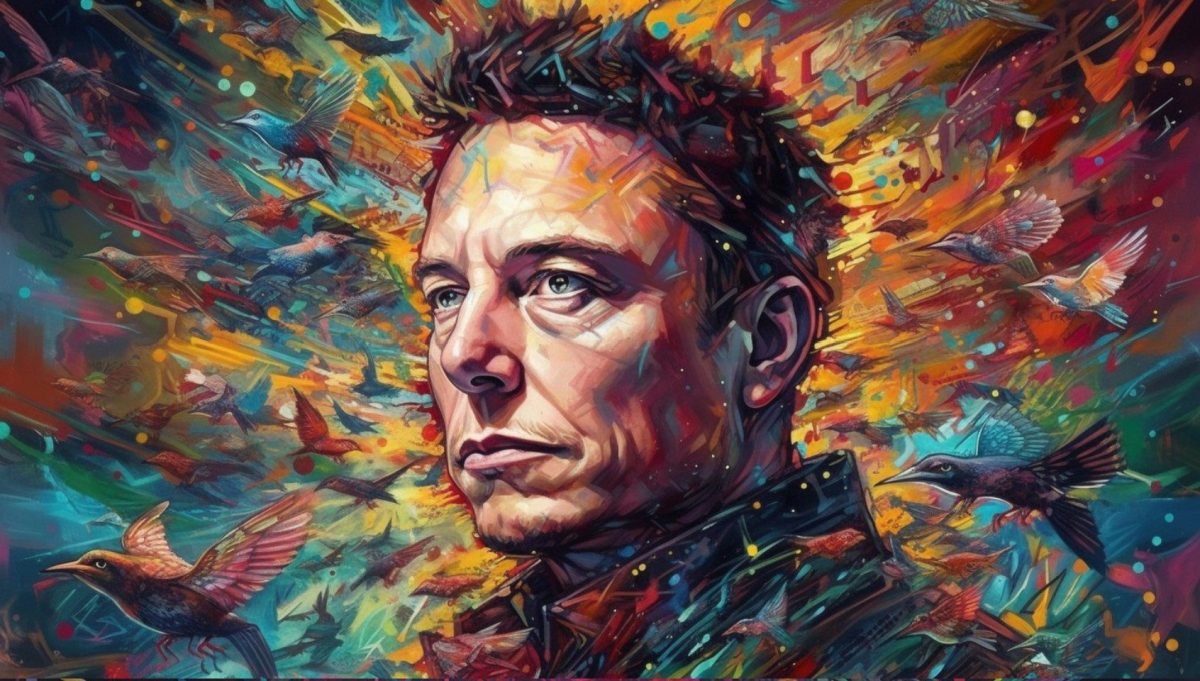Musk’s Video Address Stirs Political Firestorm

Elon Musk, the billionaire owner of Tesla and X, is once again at the center of a political controversy. This weekend, Musk addressed a massive London rally organized by far-right figure Tommy Robinson, telling demonstrators that “violence is coming to you” and urging them to “fight back or die.”
He went further, calling for the dissolution of Parliament and fresh elections to oust Prime Minister Keir Starmer’s Labour government. The rally, dubbed “Unite the Kingdom,” drew an estimated 100,000 people and quickly turned volatile, with clashes leaving 26 police officers injured.
Starmer moved swiftly to condemn Musk’s statements, labeling them “dangerous and inflammatory.” His spokesman emphasized that “the British public will have no truck with that kind of language,” stressing the U.K.’s identity as a “fair, tolerant and decent country”.
Political Leaders Call for Consequences
While the government has resisted calls to sanction Musk directly, opposition figures are pushing for action. Liberal Democrat leader Ed Davey urged Starmer, Conservative leader Kemi Badenoch, and Reform UK’s Nigel Farage to unite in rejecting Musk’s rhetoric. He even floated the idea of blocking Tesla from future government contracts, arguing Musk was attempting to “sow discord and incite violence on our streets” and interfere in British democracy.
So far, Downing Street has declined. Starmer’s team insisted that while the remarks were unacceptable, sanctioning Musk risked validating his self-portrayal as a martyr for free speech.
Far-Right Symbolism and Rising Tensions
The rally highlighted a broader political moment across Britain. Flags—Union Jacks and especially the red cross of St. George—were everywhere. To some, they symbolized national pride. To others, they sent a message of exclusion. Analysts at the think tank British Future noted how such symbols can unite sports fans yet also be weaponized by the hard right to intimidate minorities.
The protests dovetail with mounting public frustration over migration, particularly the surge of small boats crossing the English Channel. Over 30,000 arrivals have been recorded this year, fueling anger over asylum accommodations in hotels and triggering dozens of local, sometimes violent, demonstrations.
Musk on the European Right
This isn’t Musk’s first tango with Europe’s far right. He has publicly supported Robinson before, as well as Germany’s AfD party, and has railed against European efforts to regulate harmful online content. In his framing, these are assaults on free speech. Critics, however, argue the rhetoric opens the door to extremism offline.
Starmer made the stakes explicit in his response. Writing on X, he declared, “Britain is a nation proudly built on tolerance, diversity and respect. Our flag represents our diverse country and we will never surrender it to those that use it as a symbol of violence, fear and division.”
What Comes Next?
The immediate question is whether Musk faces any real consequences in Britain. So far, the government appears intent on condemning his words without escalating into a direct clash. But with political leaders from across the spectrum sharpening their responses, Britain is now caught between its commitment to free expression and its need to draw a line against incitement.
What is clear is that Musk has crossed from the realms of technology and business into the battleground of British politics, where his words carry weight far beyond Silicon Valley.
